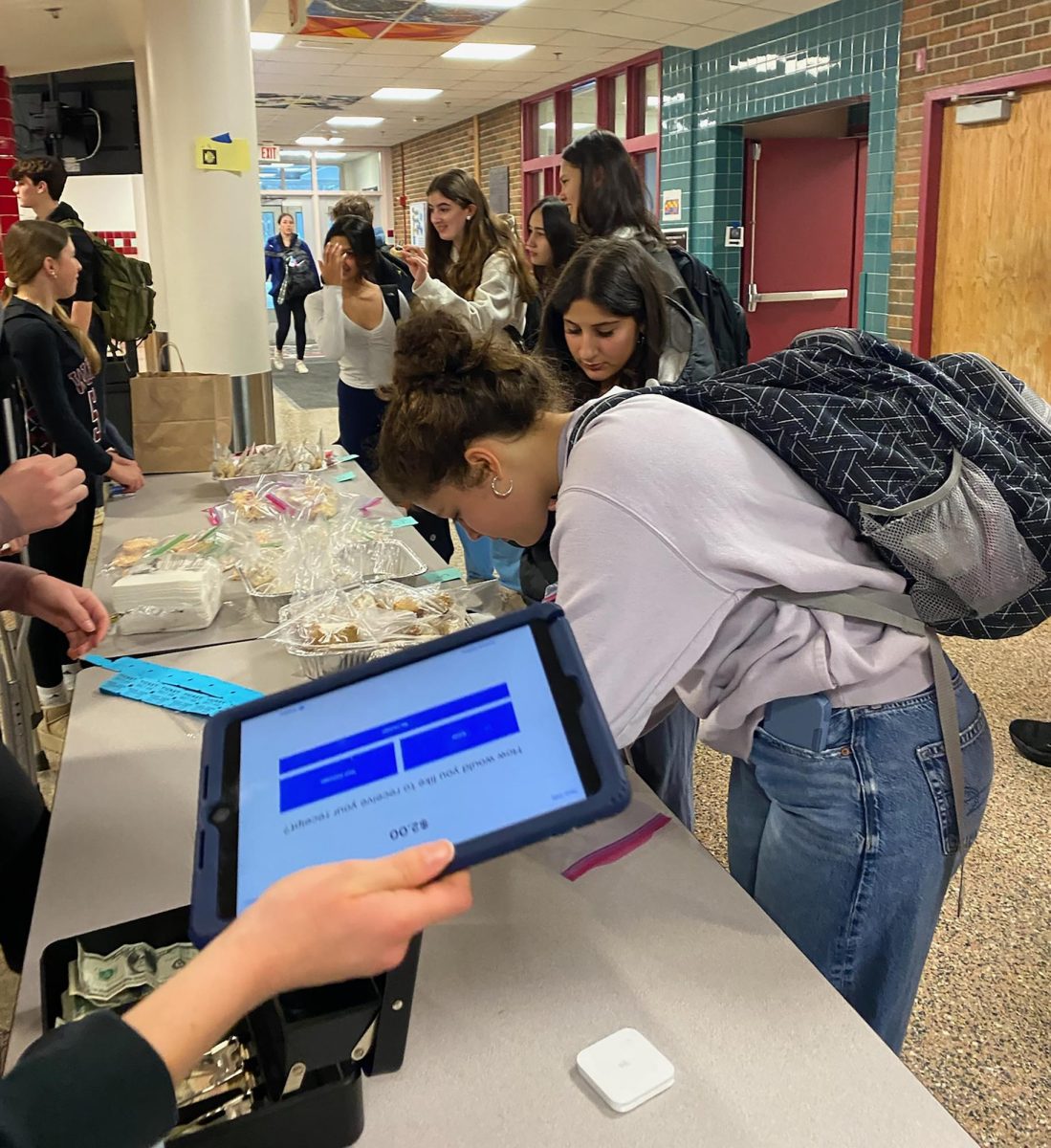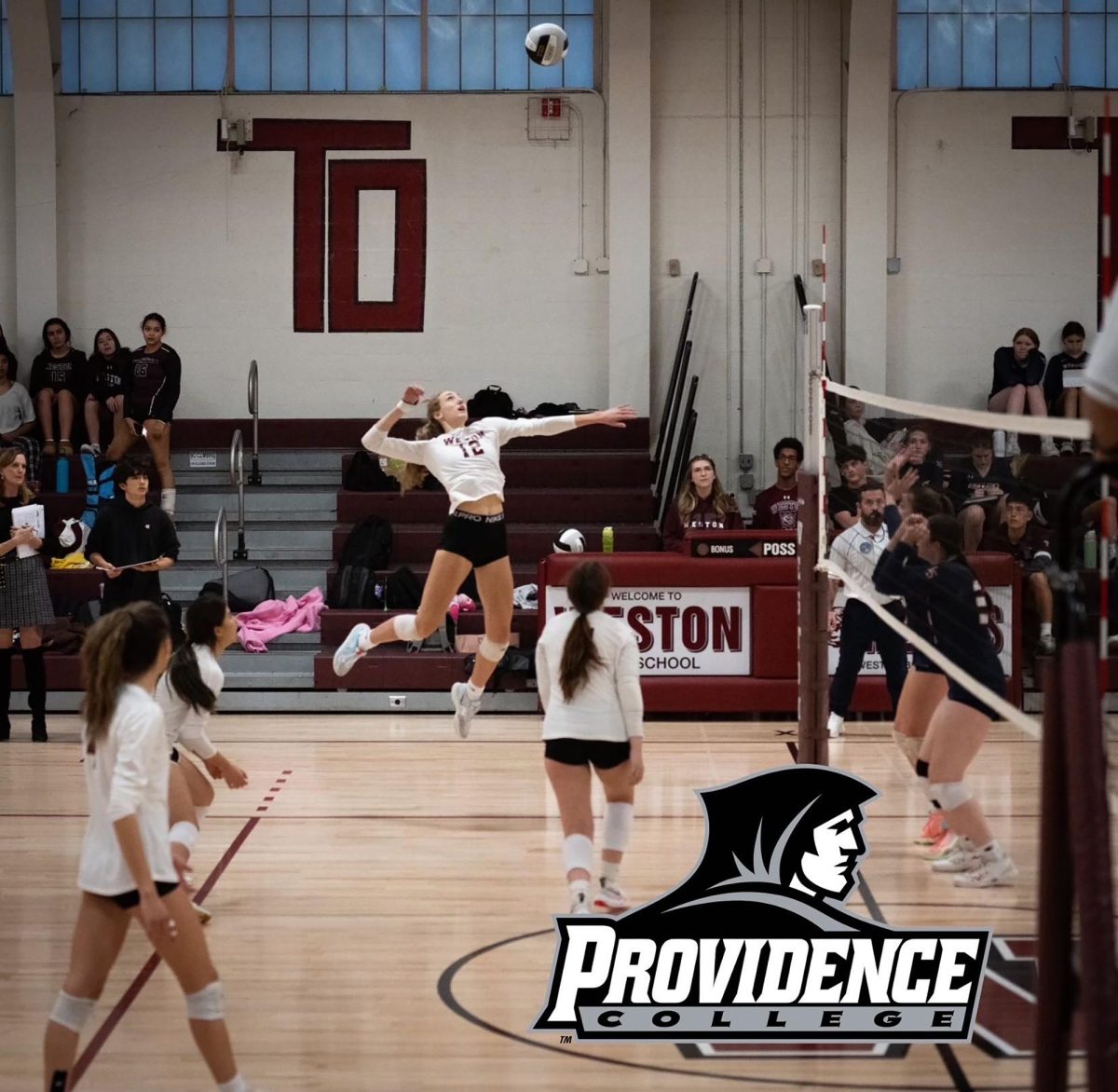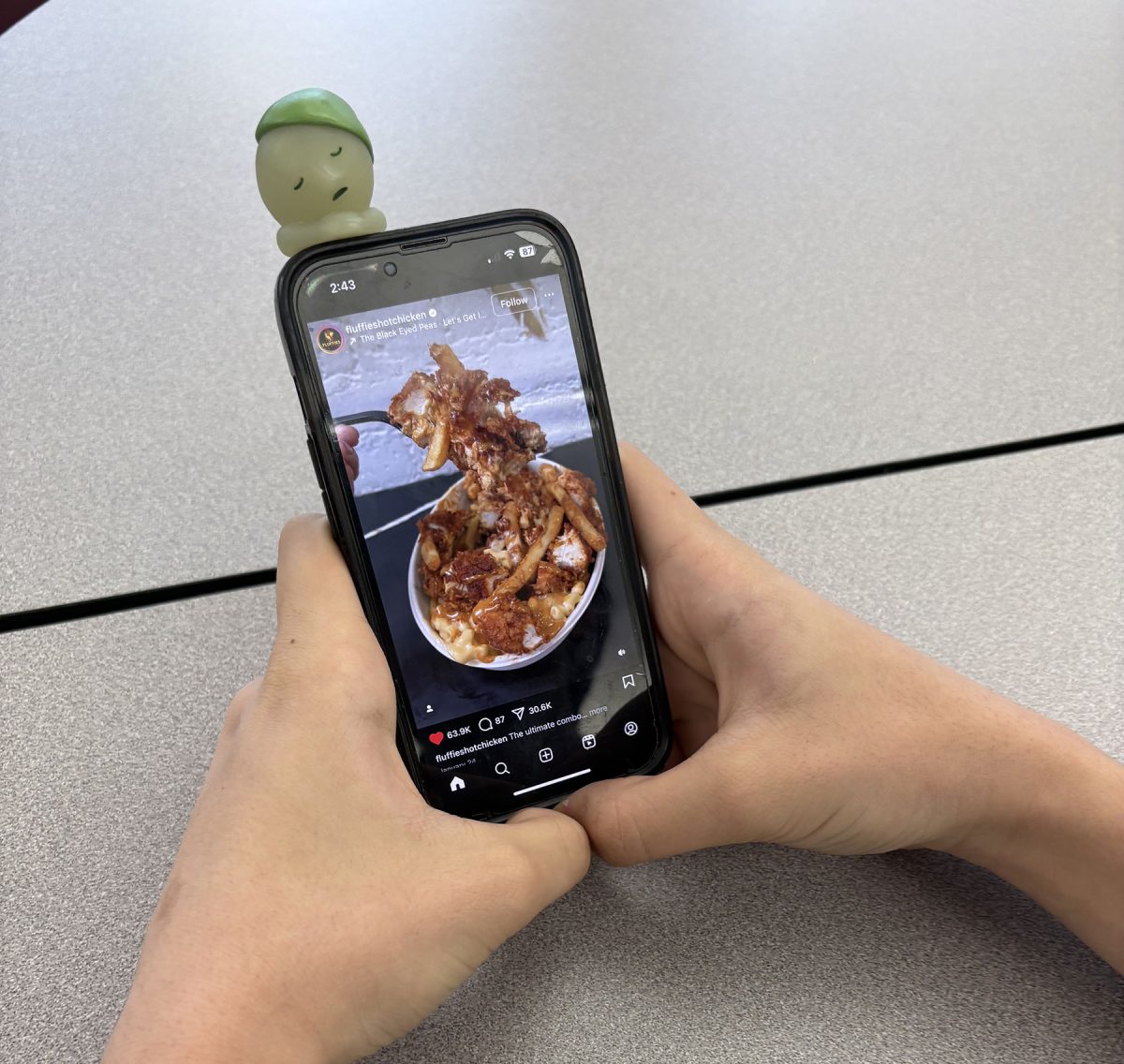How many times have you heard someone ask ‘Since when was that a rule?’ or ‘Why did that change?’ Recently at WHS, students have been asking these kinds of questions about new restrictions and procedures curbing food availability outside the cafeteria.
One change involves expanding the restrictions on food in classrooms. Food is no longer allowed in classrooms for educational purposes. Teachers have been asked to avoid giving food to students in addition to the prior restriction on allowing students to bring in food. This affects events such as AP Statistics’ Strawberry Festival, history classes’ Columbian exchange food showcases and world language classes’ cultural food parties.
According to the WPS “Food Allergy Policy” created by the school committee, the aim of this restriction is to “minimize the risk of exposure that allergens pose as a threat to students…[and to] optimize full participation in educational programs and school sponsored activities.”
If a faculty member finds that food is necessary to their curriculum, a two-week prior notification, consultation with the school nurse, and written approval from the building principal or department head is required.
A key factor that has contributed to following this policy more closely is an uptick in the number of students who have had allergic reactions in school this year. The school tried to control this risk by requiring students to provide information about any food they brought to events, but issues still arose.
“We used to ask kids to write out all of the ingredients they used [for the food they brought in],” said principal Susan Bairstow. “I trust students, but at the end of the day, I’m responsible, so I wasn’t always confident that I got the full information.”
There is also the concern of trace allergens at these events. A food that contains an allergen may come in contact with surfaces in classrooms, and if someone with an allergy later comes into contact with that surface, they may have an unexpected reaction.
Some students, however, don’t think there is a problem with carefully organized food-related events as they have found them both safe and fun for all.
“There were no allergy issues–everyone said what ingredients were in each item [at Strawberry Fest],” said AP Statistics student and senior Silvia Zapata-Lucio. “And it’s the one class [during the course] where you don’t actually have to do math; it’s a class bonding experience.”
While the food-focused events may not relate directly to the set curriculum, some find that they play an important role in creating a positive class culture and lasting memories.
“[Strawberry Festival] was great fun,” said math teacher Bailey Fidler, who created the event. “I think it does make a difference when students think back to the big picture. I get a lot of emails from past AP Stat students of mine and they ask about the Strawberry Festival, and it’ll be sad to miss that.”
The limits placed on food extend beyond the classroom as well. Students are no longer allowed to sell food during the school day, which was frequently done as a way to raise funds for clubs and organizations. While this guideline has not been enforced in the past, it is actually based on a state law that has been in effect since 2010.
This law was passed as a way to ensure students eat healthy foods that meet specific guidelines while at school. According to Massachusetts General Law chapter 111 section 223, “All competitive foods or beverages sold or provided in public schools shall be limited to foods or beverages that comply with the [law’s stated] nutritional standards…”
To prevent students from opting for less healthy alternatives, the law restricts sales of these types of foods to times well before and after the school day: “…the nutritional standards shall not apply to competitive foods and beverages sold on school grounds up to 30 minutes before the beginning of the school day or…30 minutes after the end of the school day,” meaning all food sold at WHS from 8:15 am to 3:45 pm must meet the law’s nutritional guidelines.
The enforcement of this law has come about in part due to the large number of bake sales lately.
“The faculty was saying that there were so many unhealthy choices for kids with all the bake sales,” said Bairstow. “Once in a while is great, but it felt like we were having them almost every day.”
Students can sell food within the legal timeframe, but many doubt sales will be strong. Clubs can’t sell on Thursday mornings–currently the only day that the school is open to students prior to 8:30 am–due to cafeteria competition, and students rarely arrive early otherwise. Even fewer students are in the school after 3:45 pm.
For some clubs, the loss of this fundraising opportunity is problematic.
“It’s not like we just want to buy new supplies or things for ourselves,” said Girl Up co-president and senior Emma Ricciardi. “The money my club raises goes to helping women internationally, so not having bake sales during times when people will actually be at school really hits our funds and limits our ability to help people.”
While there are legal and health reasons that have created these changes in practice, for many students, the lack of easy alternatives and complete end to bake sales and food-related class activities creates a loss.







